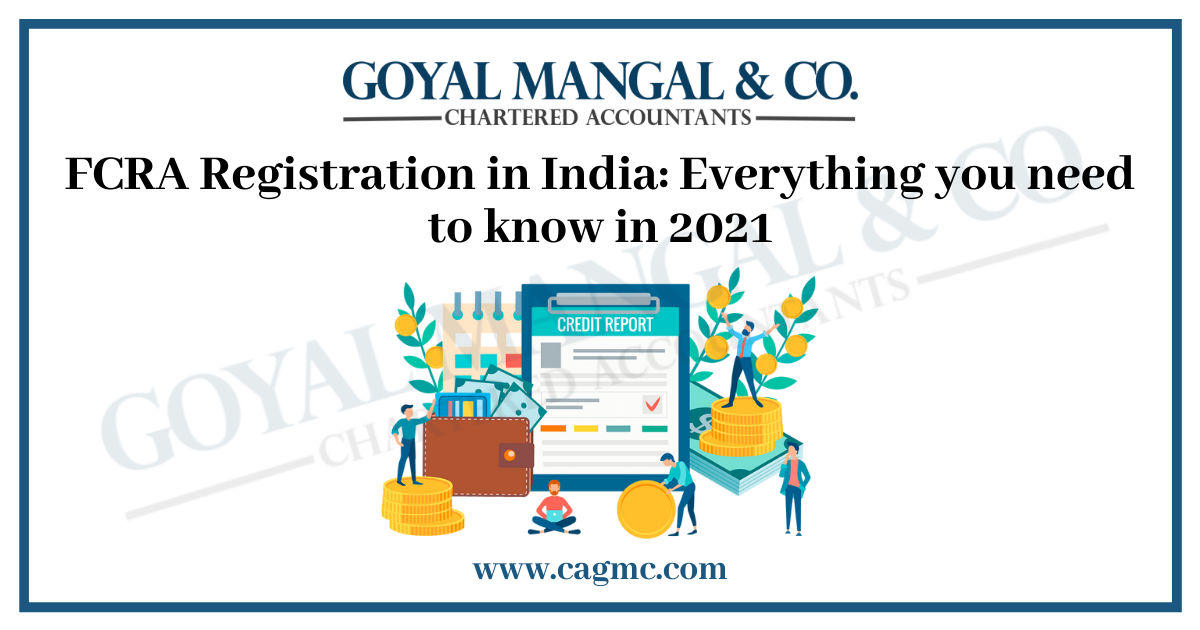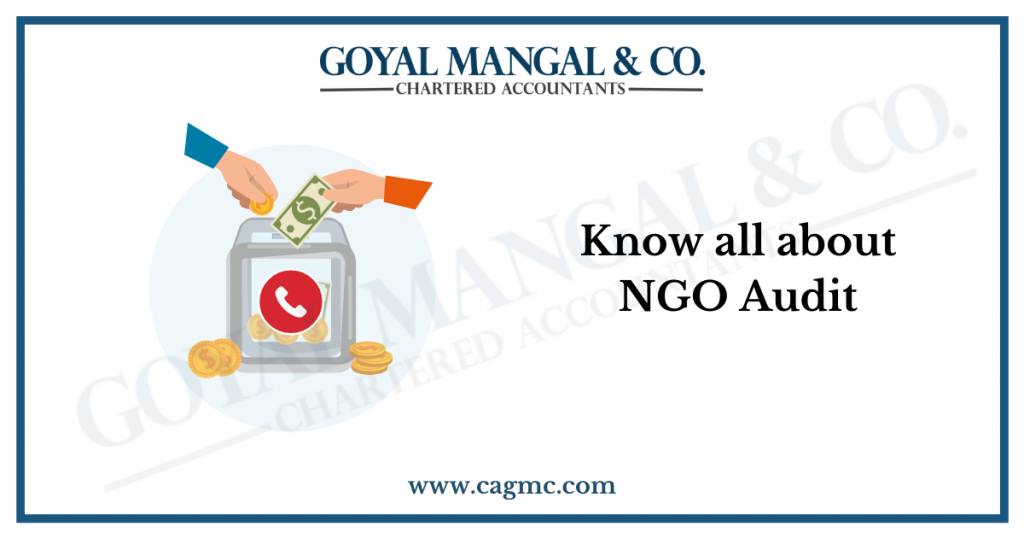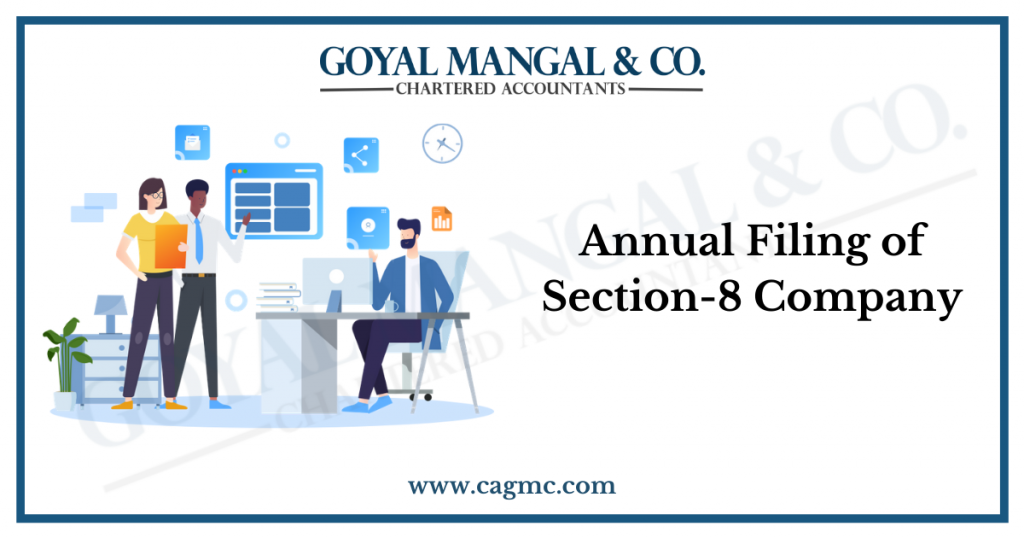
India in 2021 has advanced a lot in foreign relations. Foreign trade and foreign contributions are increasing by the day. The inflow and outflow of currency have become the new normal. Foreign funds are flowing in for various purposes. These funds from around the world give us a helping hand in many ways, but it has its negatives. We certainly don’t want these funds to be used to adversely affect our county, government, or our economy in any way. The control stays in our hands if we have a check on the funds flowing in, their source and purpose. That’s where the Foreign Contribution (Regulation) Act 2010 comes into play.
|
Table of Content: |
Background of Foreign Contribution (Regulation) Act, 2010
Foreign Contribution (Regulation) Act, 2010 was passed in 1976, which was amended in 2010 and 2020. The act keeps a check on the foreign currency and funds coming into the country. It makes sure the funds coming in are used for the welfare of the country and not against it. Uncontrolled funds can be used politically, or by groups of people causing a threat to the country’s internal security. It can be used in several unethical ways that are threatening to the nation. The FCRA keeps a lid on such funds and activities.
According to the Act, you’re only allowed to accept foreign hospitality obtaining registration under section 6(1) of the Foreign Contribution Regulation Act, 2010. The registration is mainly for non-profit organizations & NGOs that work for the social cause benefit of society.
What is FCRA Registration?
FCRA Department comes under the Ministry of Home Affairs. FCRA Registration is optional for NGO / Trust / Section 8 Company
In order to regulate the foreign contribution or foreign hospitality received by any individual, association or company the Government has consolidated all the laws and regulations relating to such transactions. For this purpose Foreign Contribution (Regulation) Act, 2010 was enacted. This was done to create a transparent mechanism for individuals and organizations through E-governance of FCRA related activities. This transparent system was created to discourage any detrimental activities which can be against national interest.
Types of FCRA Registration
There are two types of registration that varies on the firm you possess:
- Normal registration: The registration suits firms or organizations that have been functioning actively for a few years.Eligibility
- Firstly, the entity must be registered either under the Societies Registration Act, 1860 or the Indian Trusts Act, 1882 or registered as a Section 8 Company under the Companies Act, 2013.
- The entity should have been in existence for at least 3 years at the time of application.
- The company should have spent at least ₹10, 00,000 in the last 3 years towards achieving its objective excluding the firm’s administrative expenses.
- It should provide its financial statement of the last 3 years audited by a qualified authority like Charted Accountant.
- Prior Permission Registration:
If you’re considerably new and want to accept foreign funds, then this is the one for you. This type of registration is granted for a particular amount, from a particular donor for carrying out the activities mentioned in the application. Eligibility
- The first criteria is the same where the entity must be registered either under the Societies Registration Act, 1860 or the Indian Trusts Act, 1882 or registered as a Section 8 Company under the Companies Act, 2013.
- The entity must provide a commitment letter from the donor, mentioning the exact amount of foreign contribution and the exact purpose of the contribution.
- In cases where the donor and recipient organizations have common members, there are some extra criteria that need to be met.
- The chief functionary of the donor organization should not be a part of the recipient organization.
- At Least 51% of the Indian organization (recipient) should not be members of the donor or the foreign firm.
According to the 2020 amendment of FCRA, all NGOs/firms seeking contribution from a foreign firm have to open a designated FCRA account at the State Bank of India, New Delhi Main Branch (NDMB), and can accept funds only via this account.
How to apply for FCRA Registration?
Application for FCRA registration is made through Form FC-3A for FCRA registration. FC-3B for Prior Permission Registration. The applicant is required to provide the following documents along with the application.
- Self-certified copy of registration certificate of the association
- Self-certified copy of relevant pages of Memorandum of Association Activity Report indicating details of activities during the last three years
- Declaration of the aims and objectives of the organization.
- Copies of audited statements of accounts for the past three years clearly reflecting expenditure incurred on aims and objects of the association and on administrative expenditure.
- Scanned image of the signature of the chief functionary
- Scanned image of Seal of Association
- Duly signed Commitment Letter from the donor organization
- Project Report for which foreign contribution will be received.
Who is not eligible for accepting foreign contributions?
In accordance with Section 3(1) of the FCRA amendment of 2010, the following entities or individuals cannot accept foreign contributions:
- A government servant
- MLAs or MPs
- A person contesting in the elections
- A political party or a person who holds a position in it
- Media, newspapers, or people who hold positions in such establishments.
Validity of FCRA Registration
The registration is valid for 5 years from the date of approval. But the application for renewal must be filed at least 6 months before the end of validity. The other responsibilities after registration include filing of annual returns. The statement of income, expenditure, the foreign contribution should be audited and signed by a chartered accountant. It’s necessary to file the returns even if no foreign funds have been used during the year, failing to do so will lead to penalties or cancellation of registration.
Conclusion
FCRA Act, 2010 was enacted by the Parliament to consolidate the law to regulate the acceptance & utilization of foreign contribution or foreign hospitality by individuals or associations or companies for any activities detrimental to national interest and matters connected in addition to that or incidental to that.


